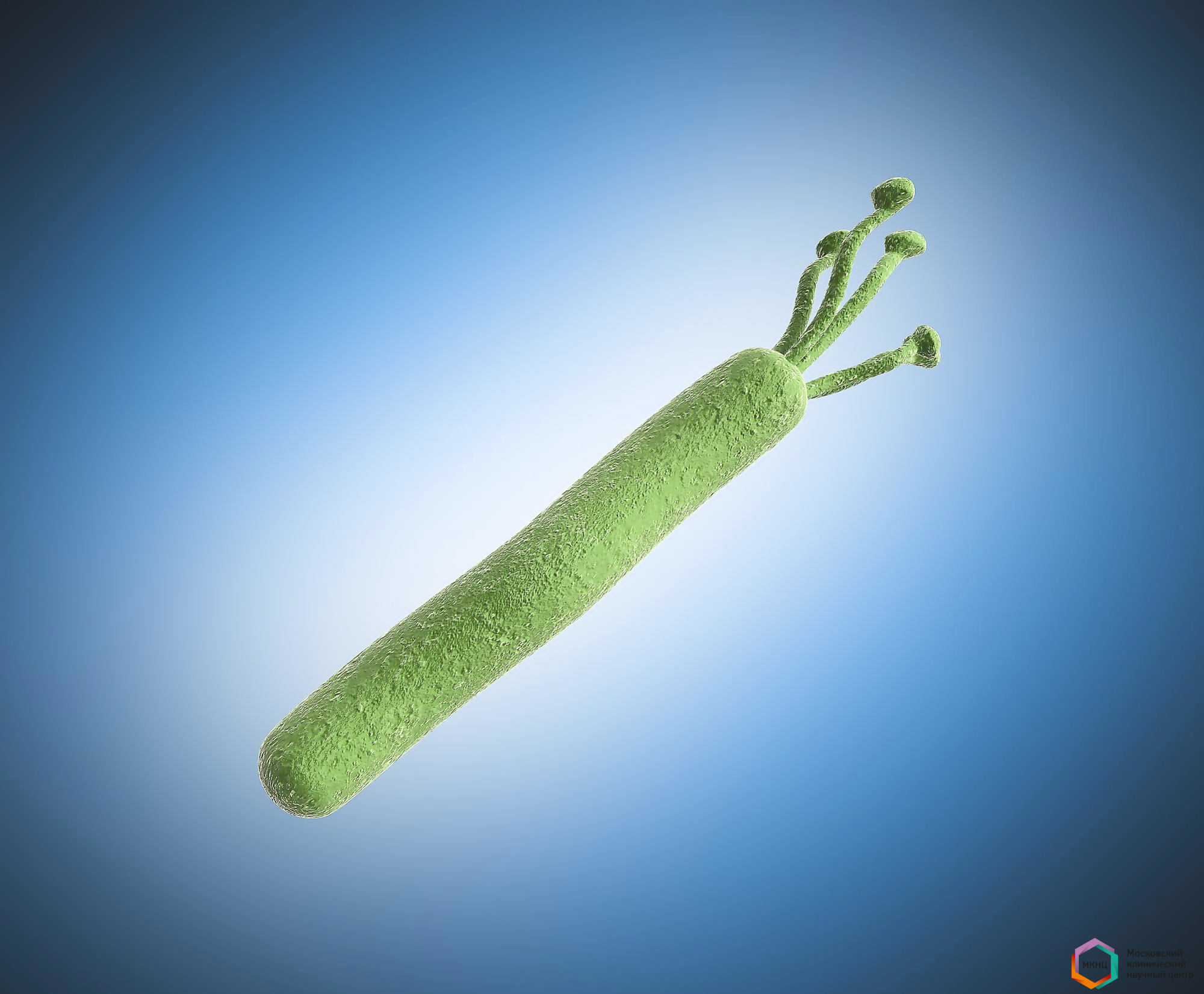Diagnostic methods for Helicobacter pylori
NewsToday, a fairly wide range of different tests are used to diagnose Helicobacter pylori infection. But each of them has its own characteristics that can affect the accuracy of the study.
Let's look at some of them.
Histological method (when taking a biopsy)
- Despite the high sensitivity of the histological method, its accuracy may be affected by the number of biopsies and the location of their collection, given the fact that H. pylori bacteria can be unevenly distributed throughout the gastric mucosa.
Quick urease test. A small piece of gastric mucosa is placed in a special solution during a biopsy. If H. pylori is detected, then due to the urease produced, the solution will change color to crimson. The result is available in 15-30 minutes.
- False-positive results are rare, but there are many bacteria in the stomach that can produce urease and stain the test solution.
- A false negative result can be obtained with a low degree of contamination of the gastric mucosa with H. pylori.
Serological method (presence of antibodies to H. pylori in the blood)
- This method is not informative in patients with a weak immune response, an early stage of infection, because IgG antibodies appear no earlierthan a month after infection.
- Despite the fact that the level of antibodies in the process of successful eradication decreases, the serological reaction remains positive for a number of years, so this method can not be used to monitor the effectiveness of anti-helicobacter therapy.
Fecal analysis for H. pylori antigen
- A fairly accurate method, but with constipation, difficult acts of defecation, the shell of N. pylori can be destroyed.
13C-Urease breath test
- False-negative results are rare, but can be observed after performing a gastroscopy with a biopsy immediately before the test and in patients who have undergone gastric resection, as well as with a significant decrease in gastric secretion.
- In this case, false positive tests can be due to the breakdown of urea by bacteria in the mouth or by bacteria containing urease in the stomach.
To improve the accuracy of the diagnosis of this infection, it is recommended to conduct comprehensive testing.





